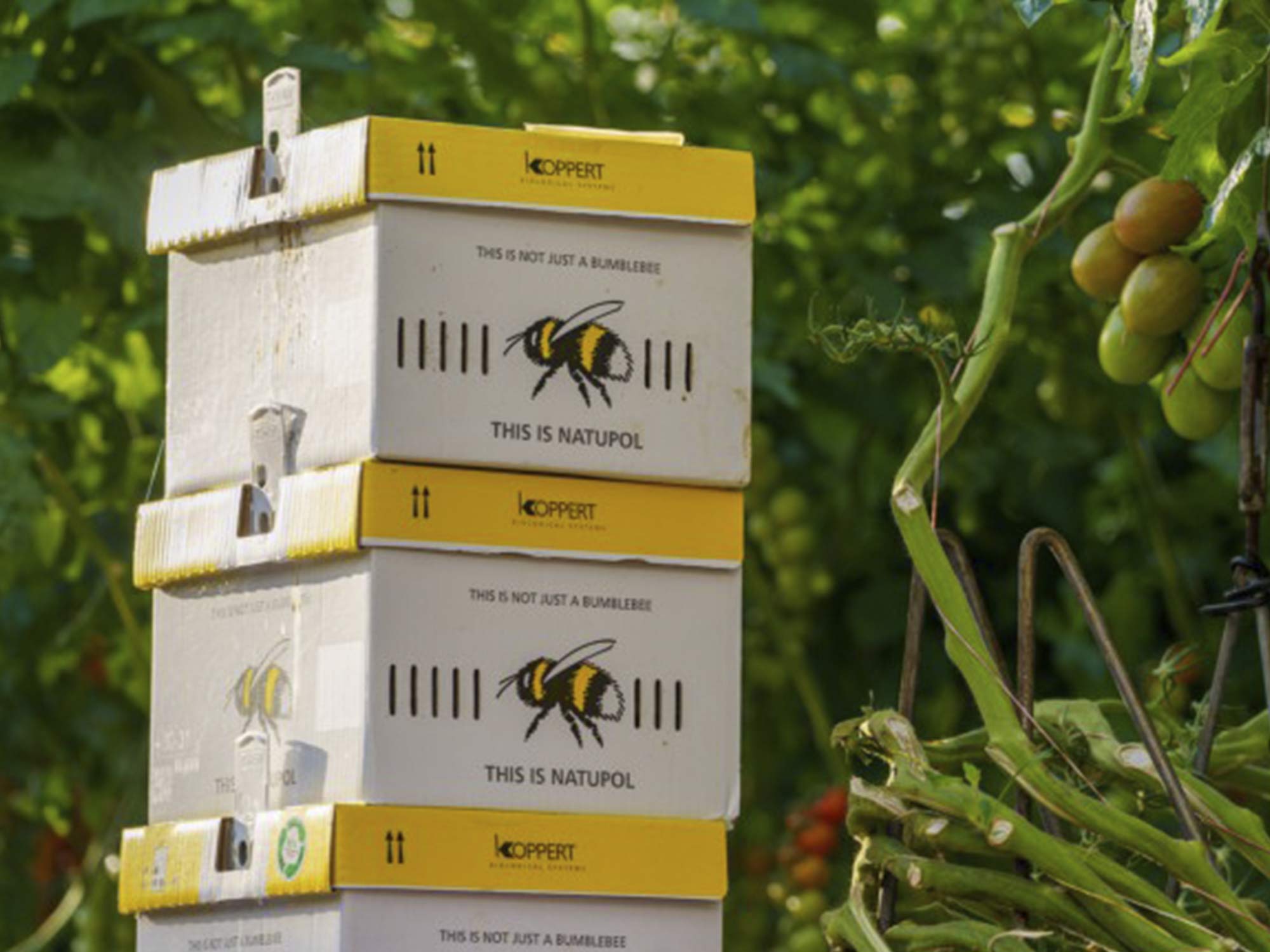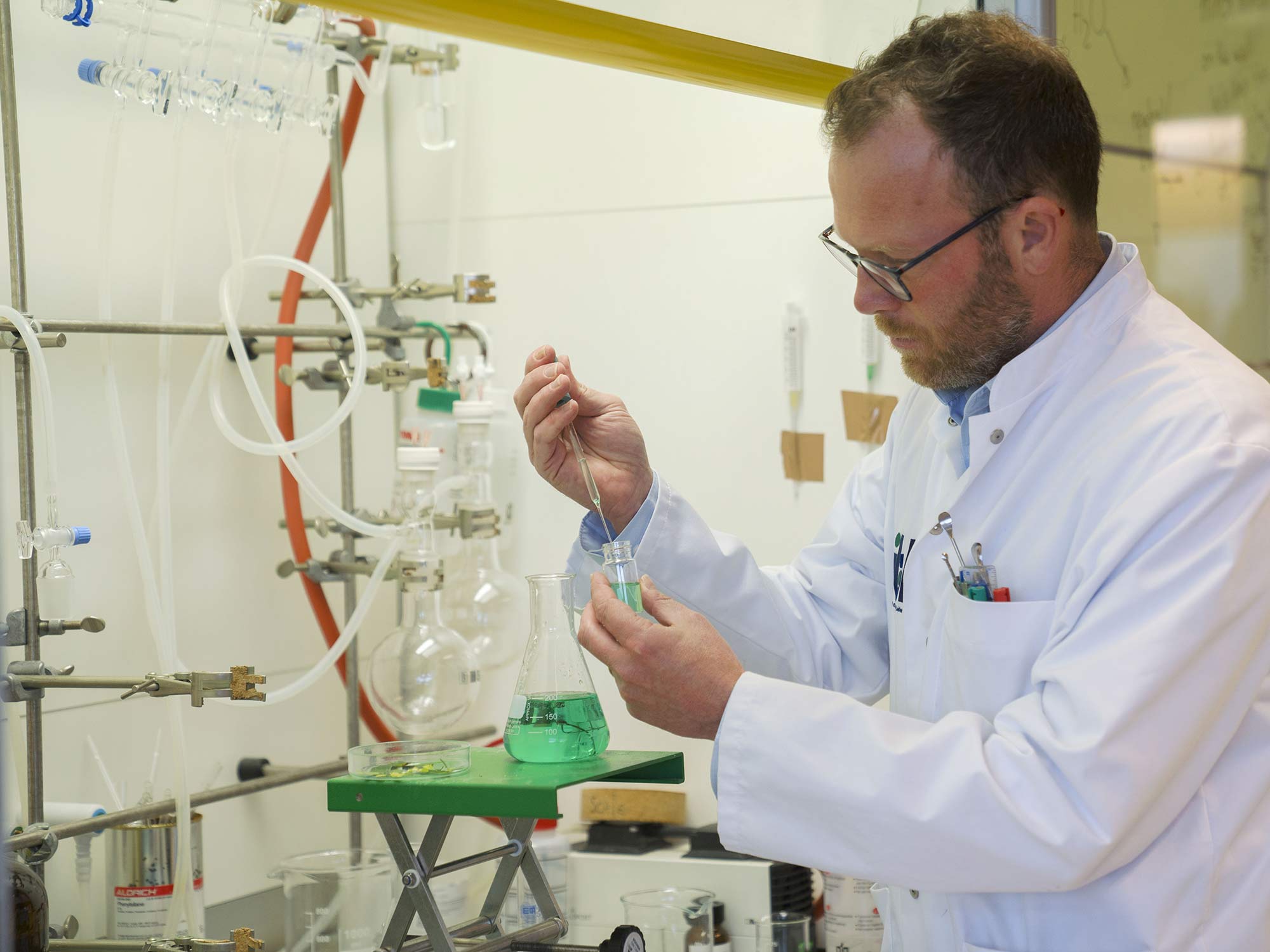WHO WE ARE
The Dutch Extract Library is a plant compound library,
a collaboration between the province of Zuid-Holland and Leiden University.
Dutch Extract Library
The Dutch Extract Library is a collaboration between the province of Zuid-Holland and Leiden University. The province of Zuid-Holland owns the library. The Institute of Biology at Leiden University is responsible for the day-to-day management.
The plant extracts collection originated in 2015, when the Centre of Expertise for Plant Compounds (Kenniscentrum Plantenstoffen) opened the Natural Product Library. In collaboration with Dutch growers plant-based resources were collected and grouped, forming a natural product library. As a result of bankruptcy, the province of Zuid-Holland took over the collection in 2018. A period of relaunch followed and since 2021 the collection has once again been publicly available for screening and research into bioactive molecules. Under the new name, the Dutch Extract Library.
Province of Zuid-Holland
Zuid-Holland is an entrepreneurial province owing to the presence of infrastructure and logistics, leading knowledge institutions and a wide variety of strong economic sectors, such as horticulture. In Zuid-Holland alone, there are 1900 horticulturists.
To retain its current leading position in horticulture, innovative and sustainable developments are essential. Because the world is changing and sustainable solutions are vital. Collaborations between government, knowledge institutions and companies are crucial. As are locations and instruments to enable that collaboration. When the natural product library was forced to close its doors in 2018, the province took over the plant extracts collection and sought a partnership with Leiden University.


Leiden University
The Institute of Biology Leiden (IBL), part of the Mathematics and Natural Sciences faculty at Leiden University, is responsible for the day-to-day management of the Dutch Extract Library.
Leiden University is one of Europe’s leading international research universities. The university is driven by curiosity to expand scientific knowledge about bioactive molecules, to think outside the box, in order to be able to innovate in the future. Based on this conviction, the Institute of Biology Leiden is the partner of the Dutch Extract Library.
Specs Compound Handling B.V.
It is of paramount importance that the plant extracts collection is stored and handled under the right conditions, to preserve quality. That is why the Dutch Extract Library collaborates with the company Specs, located in Zuid-Holland.
Specs is the world’s leading provider of compound management services, with logistics centres in the Netherlands and the United States. The company specialises in storing, handling and distributing compounds to end users throughout the world. Based on the user’s wishes, plant extracts are processed tailored to customers’ needs and distributed quickly and efficiently.
